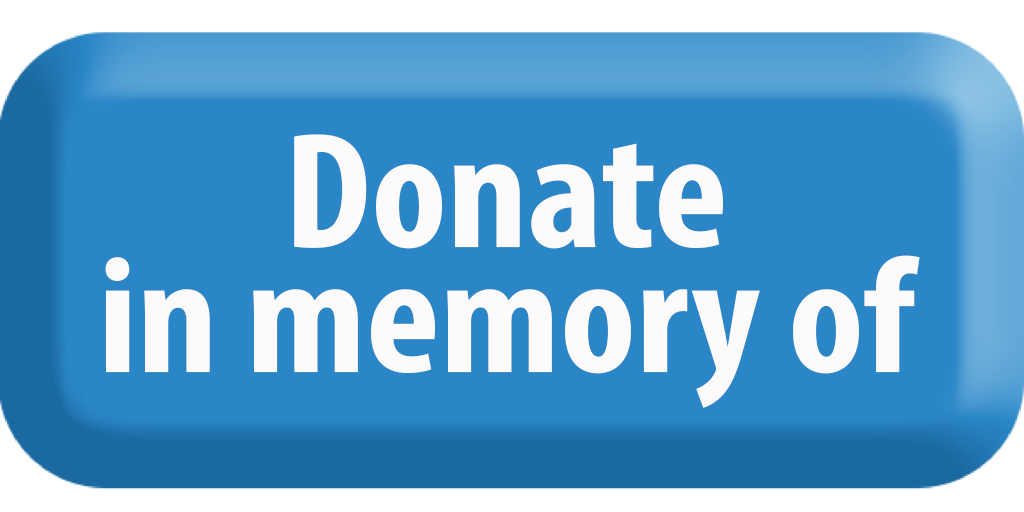Dear Hope Nation,
I graduated third from the bottom of my high school class. As I recall, I was given a D- in biology as a sophomore, and the reason I did that well was the teacher, a kind and patient man, was fed up with my jackassery and didn’t want to have to teach me ever again. I’ve never once been tempted to do anything medical, unless we count self-injection of whatever powdered and soluble chemicals were at hand. I’ve never even watched a medical TV show except for MASH. I tell you all this to make clear my complete and total ignorance of how things work—or at least how living things work.
My dad, a World War II vet who owned a dental laboratory, was always bothered by my lack of interest in school in general and the study of science in particular. He’d come back from the Army Air Corps and gotten a bachelor’s degree in zoology before he returned to his true love, making dentures. Although we shared no genetic material, owing to my adoption, I think he’d hoped to pass on to me his fascination with ectotherms, autotrophs and frugivores. As with much in our relationship, he grew to expect disappointment.
I’m now going to pontificate out of ignorance, having established my mala fides regarding science. [While I have no aptitude, interest or knowledge of science, I do have all of these regarding language. From de Saussure to Chomsky to Percy, I’ve been a fanboy of language theory and linguistics in general. Using the term mala fide, for example, the opposite of the commonly known bona fide, tickles my fancy way beyond explanation or justification.] What follows is based on half-understood concepts, simplification and a bit of, for all I know, complete and total fairy dust. Read on if you like, but you’ve been warned.
I believe recovery, perhaps unlike addiction, is a communicable infection, and we can increase its transmission through our actions. Addiction, in my mental model, exists in our genetic inheritance. Not all folks have these genetic markers, and some series of events takes place to unleash the results. Once they have been released or turned on, though, they cannot be reversed, although their results can be minimized or halted. This arresting of the disease of addiction is accomplished through recovery, and recovery spreads through a population by means of one person in recovery sharing three chronological descriptions:
- What it was like.
The person infected with recovery shares what active addiction was like for him or her. Typically, this takes the form of a story like “I thought I’d found a solution to my life, but over time the solution became a problem, then it became THE problem.”
- What happened.
The person infected with recovery shares the end of active addiction and the beginning of recovery. Often, this sounds something like “I reached what I thought was rock bottom, but still kept on sinking. Finally, I asked for help and that help was granted. It was very hard at first, but things got easier.
- What it’s like now.
The person infected with recovery shares how life has changed since the disease of infection was arrested. Commonly, this includes improved relationships, reduction of fear and anxiety and/or a significantly better life.
Hope for New Hampshire Recovery is a hot spot for the spread of this virus, person-to-person recovery. Hope spreads the word, the concept, the possibility of recovery from drug and alcohol addiction. As a peer recovery center, Hope focuses not on the clinical but on the human side of addiction. All Hope’s staff is in recovery themselves and it is this shared experience that makes what we do so meaningful—and effective.
While addiction is a disease, it’s also a constellation of behaviors that can best be addressed through identification with others in recovery. Each person’s path through life, including addiction, is obviously unique, but the commonalities in late addiction and early recovery make developing healthy relationships a challenge. Hope offers a safe and supportive place to make connection, to celebrate connection and to heal through those connections.
Hope subscribes to the notion that success begets success, winning breeds winning. Through the use of peer-to-peer recovery, every member of the Hope community becomes an ambassador of recovery. Working hard to minimize the power differential among paid staff, volunteers and members, our strategy is to empower each person and thus empower all.
Hope is far from perfect at accomplishing these goals, but they remain central to what we want to be. Three months ago, Hope was teeming with people. Six weeks ago, Hope’s transmission of recovery was entirely virtual. Today Hope offers outdoor pop-up meetings and Zoom support. Some day in the not-too-distant future, Hope will exist in many different spheres, platforms and fashions, Hope for New Hampshire Recovery wants to provide viral transmission of recovery to every person still sick and suffering from alcohol and drug misuse.
You matter. I matter. We matter. They matter.
Keith



